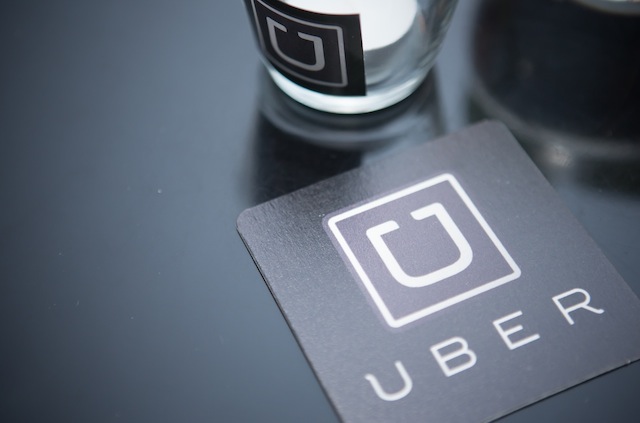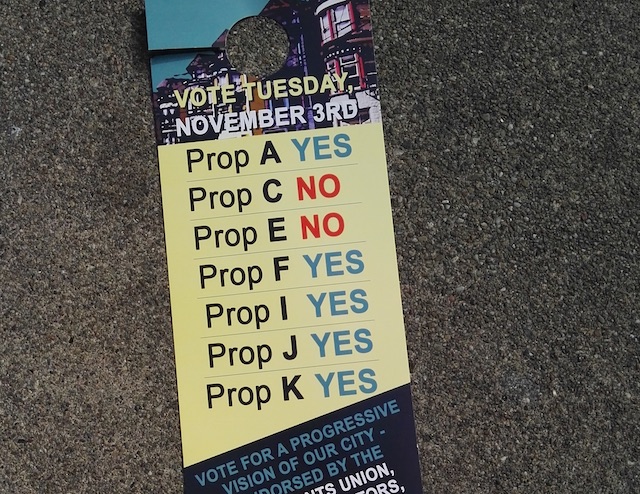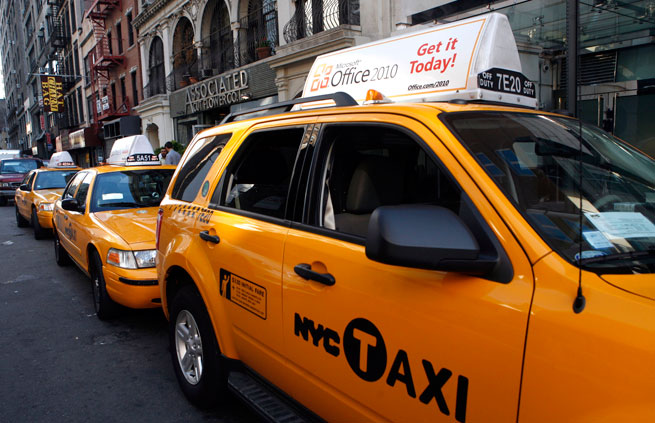Just what do people think about the on-demand, or gig, economy? A survey by public relations company Burston-Marsteller looked at those who use and provide services for companies like Uber, AirBnB and Instagram.
Unsurprisingly the majority of users are have positive experiences with on-demand services which allows them to access product they couldn’t afford otherwise.
More important are the views of the contractors, and those who are doing these jobs for the flexibility are matched by those who’d rather have full time employment but can’t find a role.
Strikingly, the longer a contractor has worked for one of these services the more likely they are to find the company’s practices exploitative and more than half believe the platforms are gaming the regulations.
Overall, it shows participants in the ‘sharing economy’ have no illusions about the caring aspects of the services that employ them, unlike many of those touting the benefits from the sidelines.



